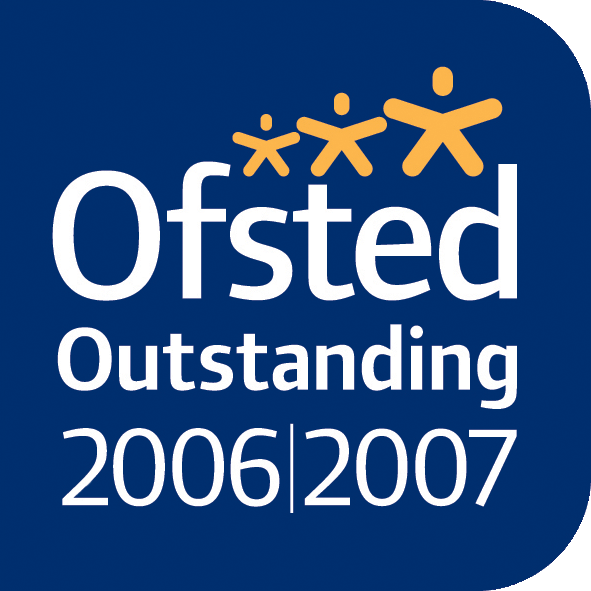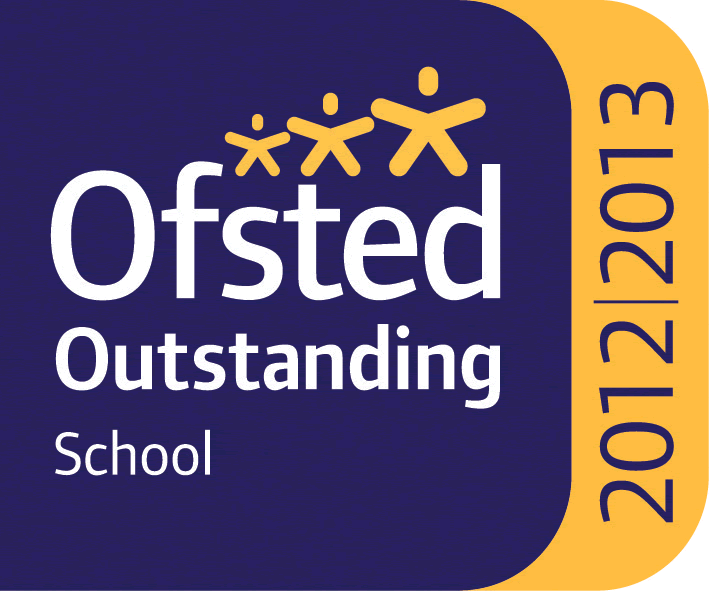Head of Department – Mr C Walsgrove, B.A.
Our values
PSHE is of crucial importance to the development of well-rounded, confident, safe and happy students at the Heathland School. Through the topics covered and the discursive method of delivery we aim to develop and support the students in becoming independent and critical thinkers who are politically and culturally aware and engage with issues in the local community and the world beyond.
Our school is a multi-faith, multi-ethnic, multi-cultural school and we celebrate and recognise the importance of this diversity. We will support students in developing respect, and acceptance of difference and diversity. Students will leave the Heathland school with a deep-rooted understanding and empathy of those with lifestyles different to their own and this will support them engaging with people from all over the world with different experiences and different beliefs from their own. The curriculum ensures that they can make healthy, informed and safe choices for not just themselves but also that they can offer knowledge rich support, advice and guidance to their peers.
Our Curriculum
Our curriculum is built around 6 core themes. These themes are based on a combination of statutory requirements and best practice. They address the citizenship national curriculum and fundamental British values, protected characteristics, relationship and Sex education and health education, as well as careers and finance education. These themes are addressed throughout each Key stage in an age appropriate manner. Some of these themes will also be addressed through other appropriate curricula such as history, science and computer studies.
· Rights, responsibilities and British values - Developing political literacy and an awareness of how the rule of law, democracy and active citizenship can benefit both themselves and wider society. To enable pupils to develop their identity and self-esteem as active and confident citizens of both the UK/world and learning how to responsibly participate in society around them
· Celebrating diversity and equality - To develop an understanding of tolerance and mutual respect for diversity within society. To feel confident, to understand how to challenge discrimination and to promoting strong and positive views of themselves and others.
· Relationships and Sex Education - Being able to make healthy and informed lifestyle choices, understanding of how positive relationships help you and others. Awareness of sexual health and signposting of advice and guidance on physical and emotional health. To be able to have and make positive relationships based upon mutual consent and trust. To be clear on what constitutes harassment and how to report any issues.
· Health and well-being - Having a greater understanding of both physical and mental health/well-being. Being able to make decisions for oneself and to support others in an informed and confident manner. To feel confident when discussing their body
and developing an awareness of issues that may affect them and others in regards to their health.
· Staying safe (online and offline) – Increased knowledge and understanding of personal safety, including assessing and managing risk. Digital competency and awareness of cyber space and the different dangers associated with it. A clear understanding of the dangers associated with both drugs and alcohol and being able to make informed choices as young people. Clear knowledge on how to access help and support for themselves and others. They also provide pupils with protective teaching on essential safeguarding issues, help to develop knowledge of when and how pupils can ask for help and support for both them and for their peers/friendship groups.
· Living in the wider world - economic wellbeing, careers and enterprise education. Knowledge of financial competencies around issues that they may face in life to do with money, tax, banking. Careers advice and guidance to help them make correct and informed decisions on future pathways into work.




